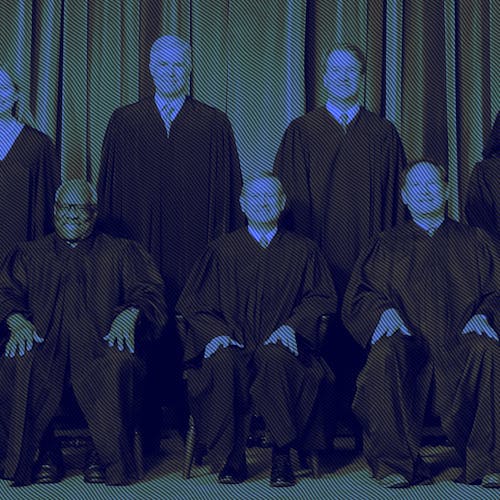RANA: Degradation of our attention spans

The rise of digital technology has had a significant impact on our social world, changing how we interact with each other. But one major concern that has emerged in this digital age is the effect of technology on our attention spans, which seems to be decreasing. With us paying less attention to detail can we be trusted to spot misinformation?
There are two causes for this. First off, information is being spread at an exponentially increasing rate. New information constantly floods our phones, and keeping up with this is almost impossible.
Readers also generally do not read closely and do not critically analyze the information presented to them. As a result, a reader can readily believe an article with false claims.
For instance, in today's digital landscape, platforms such as TikTok, the social media platform X and Instagram are extremely popular, because they cater to our need for instant gratification. This has led to a significant change in our content consumption habits. According to the Pew Research Center, adults' use of social media platforms, especially those with short-form content like TikTok and YouTube Shorts, has increased rapidly.
Furthermore, this shift in our content consumption habits has led to a decline in our ability to engage with complex ideas and a decrease in our attention spans. Behavioral psychologist Susan Weinschenk explains that social media platforms are designed to keep users engaged, creating a dopamine loop that rewards brief attention spans and discourages sustained focus. When not focusing on claims made by authors, it is easy to miss fallacies in their logic, and it is hard to spot claims made without evidence.
Sensational headlines and clickbait take advantage of this, furthering the risk of misinformation. There is a trend toward sensationalized headlines that capture the attention of readers, often referred to as "yellow journalism" or "sensationalism."
This trend results in heavily biased news and online information, leading to less moderation and more radicalism. It is hard to put out a modest article about real-world events when the competition is something like: "WARNING: Supermassive black hole heading Earth's way at 110 KM per SECOND." (It is still going to take four billion years to reach us.)
Digital multitasking is another factor contributing to our reduced attention spans. This practice scatters our focus, impairs memory retention and significantly reduces our capacity for deep concentration. As a result, there is a direct correlation between digital multitasking and reduced focus, which allows misinformation to spread more quickly.
Despite these challenges, emerging technologies offer hope. Artificial intelligence and machine learning experts are developing sophisticated tools to fight misinformation. These technologies can identify false information by analyzing extensive datasets and directing users to more reliable sources.
Educational technologies are also using AI to create more engaging and immersive learning experiences, hopefully leading to deeper engagement with content, thus countering the effects of shortened attention spans.
As we face the challenges of the digital age, there is a growing need for mindful and deliberate use of technology. Many great ways exist, including periodic digital detoxes and tech-free zones in libraries, public areas and schools. There is a growing trend toward recognizing the need to minimize the adverse effects of constant digital stimulation, and individuals are working to reduce their dependence on technology.
The use and impact of technology on our society is shaped by the growing digital culture and societal norms that guide us. It is easy to conclude that communities prioritizing digital literacy create environments where misinformation is less likely to spread. Encouraging critical examination of digital content and valuing deep, meaningful connections with texts instead of superficial interactions plays a crucial role in reducing the impact of digital distractions.
In the future, the ethical development and regulation of digital technologies will be crucial in tackling the challenges of reduced attention spans and misinformation. Governments and regulatory bodies are recognizing the importance of protecting digital consumers. Through initiatives that ensure transparency in content algorithms and endorse digital platforms, they prioritize users' well-being over engagement metrics.
To continue to thrive and improve ourselves in the digital age, we need to have an approach that can take advantage of the technology while staying up to date with it. Our current society has a clear trend toward a decreasing attention span and increasing levels of misinformation, which will only degrade rather than improve our intellect.
Prahalad Rana is a freshman in the School of Arts and Sciences majoring in Philosophy and minoring in Biology. Rana’s column, “The Third Eye,” runs on alternate Mondays.
*Columns, cartoons and letters do not necessarily reflect the views of the Targum Publishing Company or its staff.
YOUR VOICE | The Daily Targum welcomes submissions from all readers. Due to space limitations in our print newspaper, letters to the editor must not exceed 900 words. Guest columns and commentaries must be between 700 and 900 words. All authors must include their name, phone number, class year and college affiliation or department to be considered for publication. Please submit via email to oped@dailytargum.com by 4 p.m. to be considered for the following day’s publication. Columns, cartoons and letters do not necessarily reflect the views of the Targum Publishing Company or its staff.



